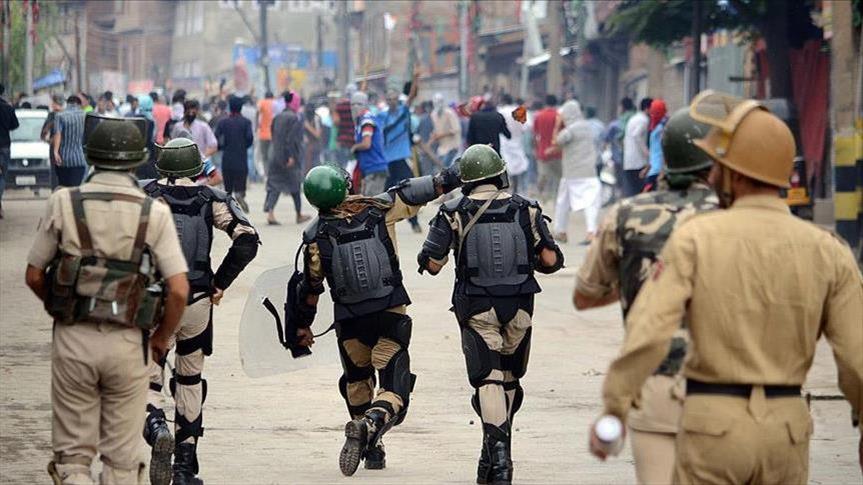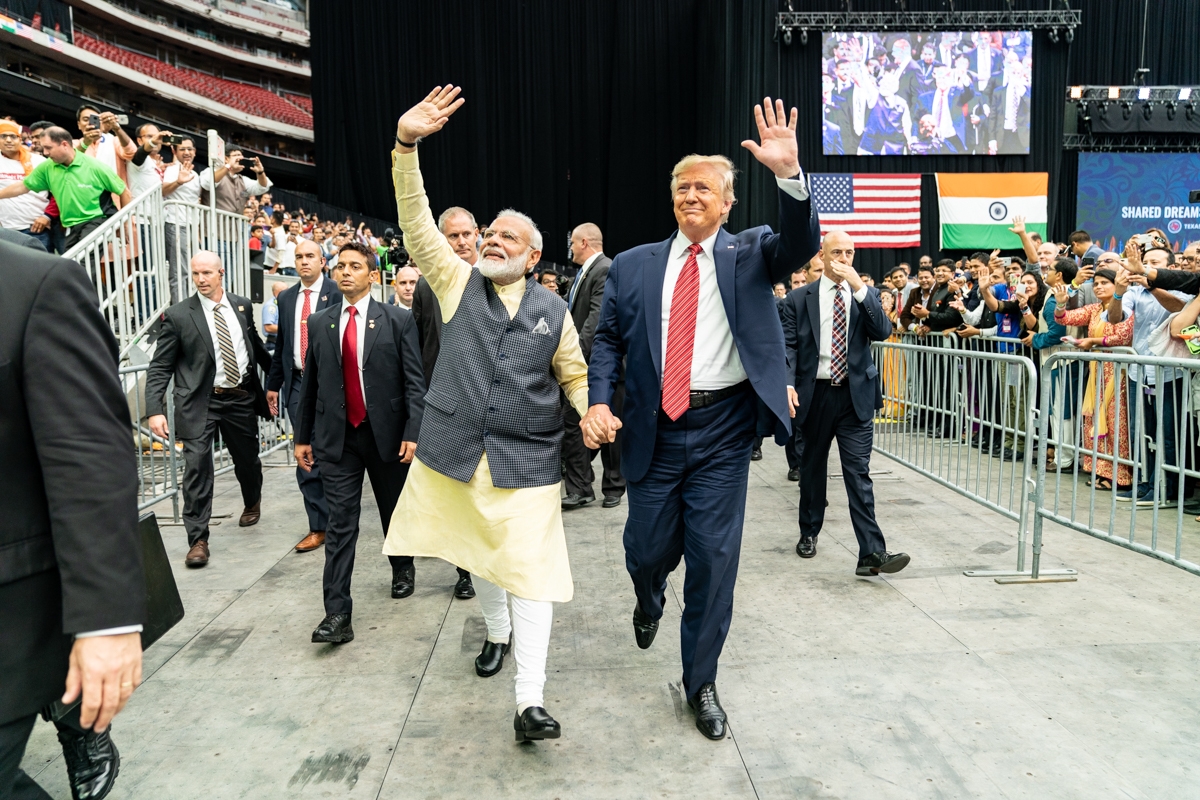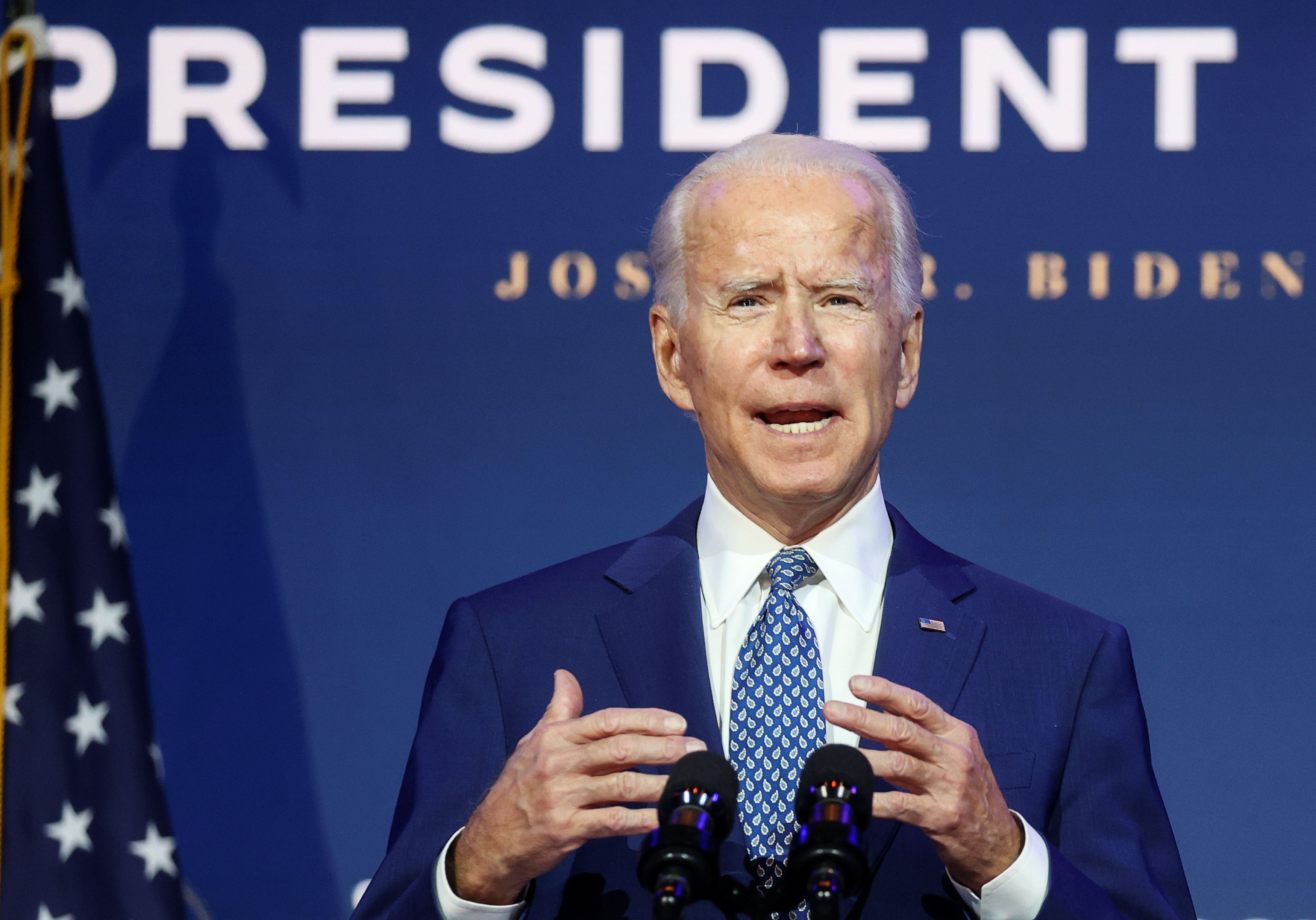The results of the 2020 Presidential Elections in the United States have added another chapter in the history of the United States because the defeat of Donald Trump and the victory of a Democratic candidate, Joe Biden, is bound to alter Washington’s Republican-designed global engagement. The arrival of the new leadership in the White House has given hope to the international community because the US’ role in the post-Trump era will affect everything globally. Apart from celebrations around the world, the victory of the Democratic leadership was warmly received in the US with the entire nation welcoming, Joe Biden as President and Kamala Harris as Vice President. The festive environment in US streets where thousands gathered sent a positive message to other nations. Leaders of several nations would expect an actively positive role of the United States in their regional issues and changes in American foreign policy. The vision of new leadership will not only alter America’s domestic policies, it will also redefine Washington’s role in world politics.
American foreign engagements in parts of the world cannot be separated from South Asia where the disputed land of Kashmir has become an undeniable reality and a potential challenge for the international community. The nuclear hostility between New Delhi and Islamabad has made Kashmir a nuclear flashpoint and a bone of contention between South Asia’s two powers. Moreover, the national standings of India and Pakistan have transformed the Kashmir dispute into an international issue and their contesting behaviours have made them good rivals but bad neighbours. In response to the Indian nuclear program and New Delhi’s aggression in Kashmir, the government of Pakistan decided to acquire nuclear capabilities in 1998. The acquisition of nuclear weapon capabilities by New Delhi and Islamabad has made Kashmir a nuclear flashpoint in South Asia. India’s contemporary government under the leadership of prime minister Modi has augmented New Delhi’s aggressive role in its home region. Indian leaders obsessed with anti-Muslim policies have spawned a new chapter in the history of the subcontinent under Modi and have adopted aggressive measures to curb Muslim voices of Kashmir, along with preventing their right of self-determination. In this way, the Kashmiri areas under Indian brutal occupation have become a miserable picture of humanity, which has become a global reality. Still, it has been recognized as a serious issue by the international community.
Along with the international community, the United States has also accepted the massive human rights violations in Indian-occupied Kashmir. Numerous non-governmental and inter-governmental organizations have highlighted massive human rights abuses under a months-long lockdown in Kashmir. American state officials are seriously concerned with South Asia’s hostile strategic environment without undermining their geostrategic interests in the nuclearized subcontinent. The mainstream framework of US-South Asian policy is based on Washington’s bilateral designs with New Delhi and Islamabad on totally separate basis, this treatment of Pakistan and India has fabricated different strategic environments in which the two rival governments of South Asia are not willing to give up their hostile positions on Kashmir. In this way, America’s South Asian engagement has links with the Kashmir issue because Washington’s relation with New Delhi has affected the status of Kashmir equivalent to inflicting a sense of insecurity in Islamabad’s mindset.
Given the situation mentioned above, the greater responsibility lies on the US due to its strong bilateral ties with India. The leaders of both countries have strengthened their multi-dimensional bilateral interaction under a larger strategic partnership. In addition to politically cordial and diplomatically cooperative inter-state values, Washington and New Delhi have concluded different joint strategic ventures i.e. signing of defence deals and several security agreements. The US’ larger geopolitical interests have compelled American officials to call India a close strategic partner who can assist Washington in augmenting its standings in world politics. The relations between the governments of both nations witnessed unprecedented growth under Modi-Trump diplomacy. Instead of seriously analyzing India’s illegitimate stance on Kashmir issues, Trump treated Modi as a close diplomatic friend and a reliable strategic partner in world politics. Under President Trump, American political authorities have finalized a number of strategic initiatives with India instead of even contemplating its offensive role in its home region. The aim of dominating the territorial and maritime affairs of its home region has led Indian leaders towards an undefined anti-neighbourhood policy which has badly affected the status of Kashmir. The diplomatic designs of New Delhi in the great power politics have been augmented under the Mod administration. The leaders of great powers started considering India’s economic potential in the regional and extra-regional affairs.

Leaders of the great powers generally, and the US particularly, decided to keep New Delhi in their prime strategic calculations instead of calculating the impacts of Indian aggressive policies on the territorially adjoining nations. American leaders under various administrations tried to pursue their geostrategic interests in Washington’s global engagement. The US’ South Asian engagement portrays a different picture where American leaders have grossly ignored the Kashmir issue while pursuing their close strategic partnership with India. Indian leaders are committed to enhancing their strategic interaction with the US because of their regional hegemonic ambitions. Leaders of the two sides are determined to enhance their cooperative foundations of strategic bilateralism without considering the adverse impact of their multi-layered diplomatic interaction on the regional politics of South Asia. The diplomatic closeness and political collaboration between the governments of both states have been further augmented under Trump-Modi diplomacy. The Kashmiri people living under Indian occupation became a miserable picture of humanity while witnessing the US’s inaudible role in the South Asian region. In this way, the recent change in US government may have brought a ray of hope in these dark times in the form of months-long lockdown which has increased the Kashmiri people’s suffering. On the one hand, the Kashmiri society has become an open picture of New Delhi’s brutalities with the increase of Indian occupied forces in Kashmir while on the other hand, Biden’s arrival in Washington has become a major point of concern for Kashmiri people because of strong American relations with India.
The future of Kashmir is linked to the nature of American political administration and their visualization of the South Asian region in the main framework of Washington’s foreign relations. The ongoing American designs of its South Asian policy carry separate formats of bilateralism with Islamabad and New Delhi where New Delhi is a close strategic partner of Washington while Islamabad was a front-line state in the US-sponsored global war on terror. Beijing has emerged as Islamabad’s close economic partner in response to the increasing length of Indo-US strategic interaction. The emerging levels of multi-dimensional economic collaboration between the Chinese and Pakistani governments have become a permanent feature of South Asian regional political order. The inclusion of China in the regional affairs of the nuclearized subcontinent has disturbed Indian and American state authorities. As a result, the American leaders preferred to provide multifaceted strategic support to India, which has become the main source of New Delhi’s aggressive policies against neighbouring nations. The adaptation of Delhi’s aggressive policy against Pakistan has affected the Kashmir issue and India refuses to accept Islamabad-sponsored peaceful approach for resolving the Kashmir problem. Under the nuclear shadow, the Indian leadership is unable to fight fairly with Pakistan and New Delhi has started empowering its position with the help of extra-regional powers where the United States stands above all. In this way, any change in the American political leadership will have become a core concern of New Delhi because change in the leadership in Washington matters a lot for the regional political order of nuclearized subcontinent.

President-elect Biden and American South Asian policy based on India’s responses have become a central point of attraction for the whole international society. The situation of the humanitarian crisis in Kashmir is directly linked to Biden’s Indian policy because Washington’s relations with New Delhi will decide the future of Kashmir. During the Trump administration, the Indian legislative’s move of abrogating the special status of Kashmir and imposing lockdown for indefinite period complicated the issue of a disputed land between Islamabad and New Delhi. Moreover, the high levels of human right abuses in the occupied areas have resulted in grave human rights abuses and violation of the Universal Declaration of Human Rights. The suffering of Kashmiri people multiplied under the cooperative framework of Trump-Modi diplomacy, and the Kashmiri society became a severe victim of human rights violations such as murdering, inhumane treatment, torture, enforced displacements and involuntarily disappearances coupled with sexual mistreatments and rapes.
The quest for pursuing a stable and peaceful South Asian regional order, which was acutely tarnished by Trump, is now dependent on the Biden-Harris administration. Biden presidency needs to rationally realize the hardcore realities of the nuclearized subcontinent where a peaceful resolution of Kashmir issue and the prevention of Indian inhumane policies for Kashmir people are the solution to end India-Pakistan hostility. Moreover, the American vision for ensuring peace and stability in the broader South Asian region needs to be realized as an important measure that would resolve the decades-long Kashmir issue, but which will also let Washington strengthen its ties with both nuclear powers. The team of Biden and Harris needs to consider the peace in Kashmir as a part of their mainstream foreign policy agenda, because a peaceful resolution of Kashmir dispute will make the American South Asian policy practically effective, and impartially balanced.




